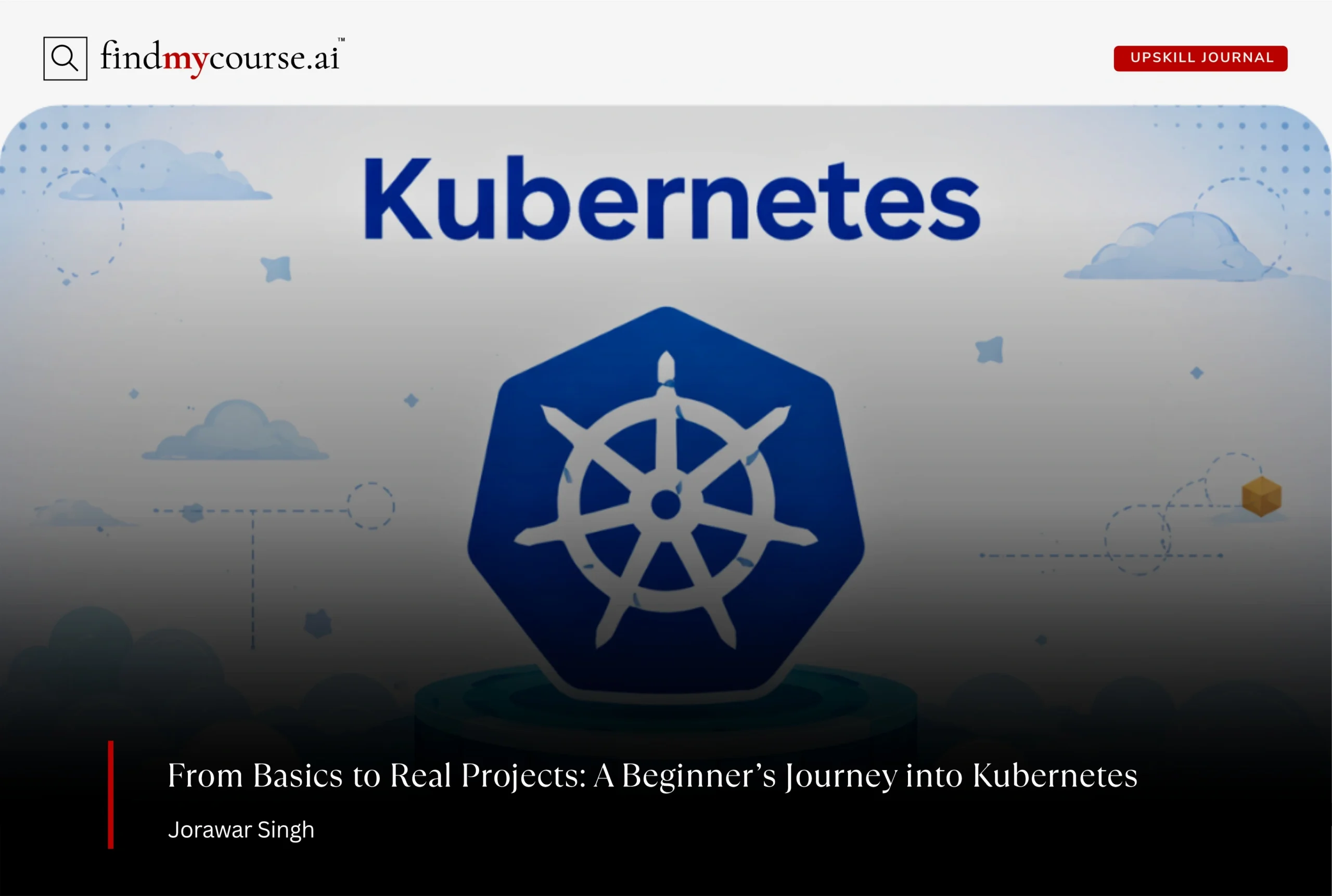When you think about the skills that lead to happiness and achievement, what comes to mind? Most people list intelligence, technical expertise, or luck. However, as we move further into a world shaped by technology and constant change, a different kind of intelligence is quietly shaping our lives. It’s called emotional intelligence, and it may be the most important skill you’ll ever develop.
Decoding Emotional Intelligence
So, what exactly is emotional intelligence? In simple terms, it’s the ability to notice, understand, and manage your emotions, as well as those of the people around you. While traditional intelligence helps you solve problems and learn new things, emotional empowers you to handle stress, communicate better, and build stronger relationships.
Unlike IQ, which tends to be fixed, this is flexible. You can develop it over time, and in 2026, it’s more valuable than ever. Today, there are more ways than ever to improve these skills—you can even study online and find practical tools and courses to help you grow. Modern life throws plenty of emotional curveballs, but those who manage their feelings well often thrive where others struggle.
The Five Elements of Emotional Intelligence
Let’s look at five main elements and see how they show up in daily life:
- Self-Awareness: It is the foundation of emotional intelligence. It means tuning into your emotions as they happen and understanding how they shape your thoughts and actions. For example, recognizing that frustration is affecting your mood allows you to pause and choose a more positive response.
- Self-Regulation: Once you’re aware of your emotions, self-regulation lets you manage them effectively. Rather than reacting impulsively, you take a breath, think, and respond thoughtfully—even under pressure. This doesn’t mean ignoring feelings, but rather channeling them constructively.
- Motivation: Motivation in this context refers to your internal drive to pursue meaningful goals, even when things get tough. People with strong emotional intelligence are often resilient; they bounce back from setbacks and remain focused, guided by values instead of just external rewards.
- Empathy: It goes beyond simply noticing others’ feelings; it’s the ability to truly put yourself in their shoes. Empathetic people connect more deeply, resolve conflicts peacefully, and build lasting trust.
- Social Skills: These are the glue that holds relationships together. This means being able to communicate clearly, cooperate with others, and resolve disagreements in a positive way. Whether you’re leading a team or supporting a friend, these skills help you navigate the social world with confidence.
Why it is a Game-Changer in 2026
As our world becomes more interconnected and complex, emotional intelligence has moved from “nice to have” to “must have.” The reason is simple: we’re interacting with more people, cultures, and ideas than ever before. In addition, workplace environments are rapidly evolving, and employers increasingly seek people who can adapt, collaborate, and lead with empathy.
Emotional Intelligence at Work
Teams with higher intelligence consistently outperform those without it. They communicate better, resolve conflicts quickly, and support each other’s growth. Leaders who demonstrate these skills inspire trust, increase engagement, and drive innovation.
Academic and Personal Benefits
In education, students with well-developed emotional intelligence manage stress more effectively and perform better academically. Schools now recognize these benefits, offering programs to build these skills alongside academic knowledge. Current trends and ongoing research indicate these efforts lead to higher student achievement and greater overall well-being.
Health and Relationships
The influence isn’t limited to work or school. People with strong emotional skills often report better mental health, lower anxiety, and deeper, more rewarding relationships. They can weather life’s storms with resilience, adapt to change, and find meaning even in challenging times.
Building Emotional Intelligence: Strategies and Challenges
Emotional intelligence is a skill that can be developed throughout your life, helping you thrive both personally and professionally. Here are some practical ways to strengthen it—and a look at the common challenges you might face along the way.
1. Practice Self-Reflection:
Set aside a few minutes each day to check in with your emotions. Ask yourself what you’re feeling and why. Journaling can help you spot emotional patterns and respond more thoughtfully. Recognizing your emotions isn’t always easy, especially if you’re not used to expressing them.
2. Manage Stress Effectively:
Stress is part of life, but managing it well can make all the difference. Techniques like mindful breathing, exercise, or simply stepping outside can help you stay balanced. Developing these habits takes patience, so don’t be discouraged by slow progress.
3. Listen Actively:
Empathy begins with listening. Focus on understanding others’ perspectives without interrupting or judging. This can deepen relationships and reduce misunderstandings. However, breaking old communication habits can take time and effort.
4. Seek Honest Feedback:
Ask trusted friends or colleagues how you handle emotions, especially in challenging situations. Their feedback can help you spot blind spots and accelerate your growth, even if it’s sometimes uncomfortable to hear.
5. Use Online Resources:
A wide range of courses are available on platforms like Coursera and edX to help you build emotional intelligence from anywhere. Choose resources that combine self-reflection, real-life practice, and feedback.
Addressing Common Misconceptions and Criticisms
- It’s more than just being nice: Emotional intelligence isn’t about avoiding conflict or always being agreeable. It means understanding emotions—your own and others’—and handling them with honesty and respect, even when situations are difficult.
- It’s not just for personal life: Many people assume it only matters in relationships outside of work. In reality, it’s just as important for professional growth, teamwork, leadership, and decision-making.
- It’s not impossible to measure: Some critics claim it as too vague or “soft” to be measured. However, researchers have developed reliable tools and studies that link it to better well-being and workplace performance.
- It can be developed at any age: There’s a misconception that emotional intelligence is a fixed trait. In truth, anyone can strengthen these skills with self-reflection, feedback, and practice—regardless of age or background.
Final Thoughts: Start Your Emotional Intelligence Journey
Emotional intelligence is more than just a popular idea—it’s an essential skill for everyday life. By paying attention to your feelings, understanding others, and responding thoughtfully, you can build better relationships and make smarter choices. Start with small steps like reflecting or listening carefully, and keep practicing. The results will appear in your confidence, your connections, and how you feel day to day. Building emotional intelligence is a lifelong process, but it’s truly worth it. And if you ever need guidance or encouragement, our AI Assistant always here to help.


